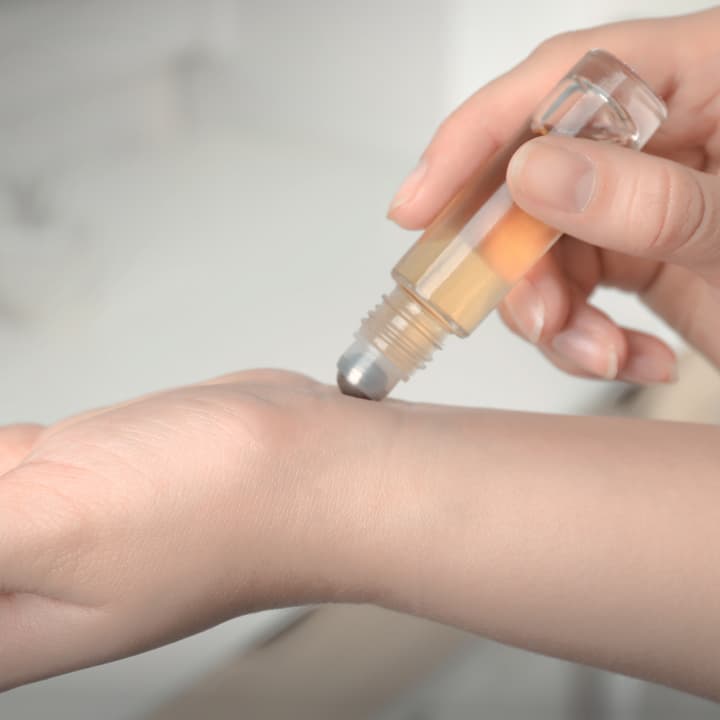
Let me start with this: I used to be obsessed with designer perfumes. My bathroom shelf looked like a duty-free counter – rows of bottles from Dior, Chanel, and Tom Ford. Each scent felt like an identity, a signature. But over the years, something changed. Not just with my skin, but with how I felt wearing those fragrances. And that shift led me deep into the world of natural perfumes.
I won’t lie. At first, I was sceptical. Could natural ingredients – essential oils, botanical extracts, and plant resins – really compete with the complexity of lab-crafted designer scents? The short answer: yes. And in many ways, they do more than just compete—they outperform.
Skin Deep: What They Don’t Tell You About Chemical Perfumes
Let’s talk facts. Most mainstream perfumes contain a concoction of synthetic ingredients, some of which include phthalates, synthetic musks, and petroleum-derived solvents. These compounds may make your scent last 12 hours, but they often come at a cost, both to your skin and your overall health.
As someone with relatively sensitive skin, I began to notice irritation, especially on my neck and wrists. At first, I blamed stress or the weather. But after reading a study in Environmental Health Perspectives that linked long-term exposure to synthetic fragrance compounds to endocrine disruption and allergic reactions, I began connecting the dots.
Wearing chemical perfumes became less about indulgence and more about compromise. And honestly, I’m done compromising.
Natural Perfumes: Not Just Safer – Smarter
Then I discovered brands like Heretic Parfum, Abel, and Haeckels – fragrance houses committed to creating perfumes using only natural, essential oils and sustainable practices. These aren’t your typical patchouli-laden health-store scents. They’re modern, elegant, and surprisingly complex.
Take Heretic’s Dirty Grass, for example. It’s a bold, earthy fragrance built around CBD oil and vetiver. It evolves with your skin chemistry, creating a scent that’s truly personal. Unlike synthetic perfumes, natural fragrances don’t mask – they merge. They become you.
And here’s what struck me the most: no headaches, no irritation, no guilt. I could spritz it on in the morning and feel good all day, knowing that what I was putting on my body was as natural as the food I try to eat.
Unisex Appeal, Unmatched Purity
Another benefit? Many natural perfumes are unisex by design. The traditional gender divide in fragrance—floral for women, musk for men—is a marketing relic. Natural perfume houses blur those lines, creating scents that focus on mood, energy, and individuality rather than gender norms.
This shift feels essential in today’s culture. As we challenge outdated beauty standards, our cosmetics and perfumes should reflect that inclusivity. Natural fragrance does just that.
Final Verdict: Natural Is the New Luxury
If you had asked me five years ago whether I’d give up my beloved bottle of synthetic oud or my crisp white florals laced with aldehydes, I would’ve laughed. But now? I look at those bottles like relics of a different era—one where scent came with a hidden cost.
Natural perfumes may not have the same industrial staying power, but what they offer instead is character, safety, and intimacy. They’re the future of fragrance – essential, clean, and unapologetically authentic.
So yes, I’ve switched. Fully. And I can honestly say my skin, my senses, and my conscience have never felt better.
